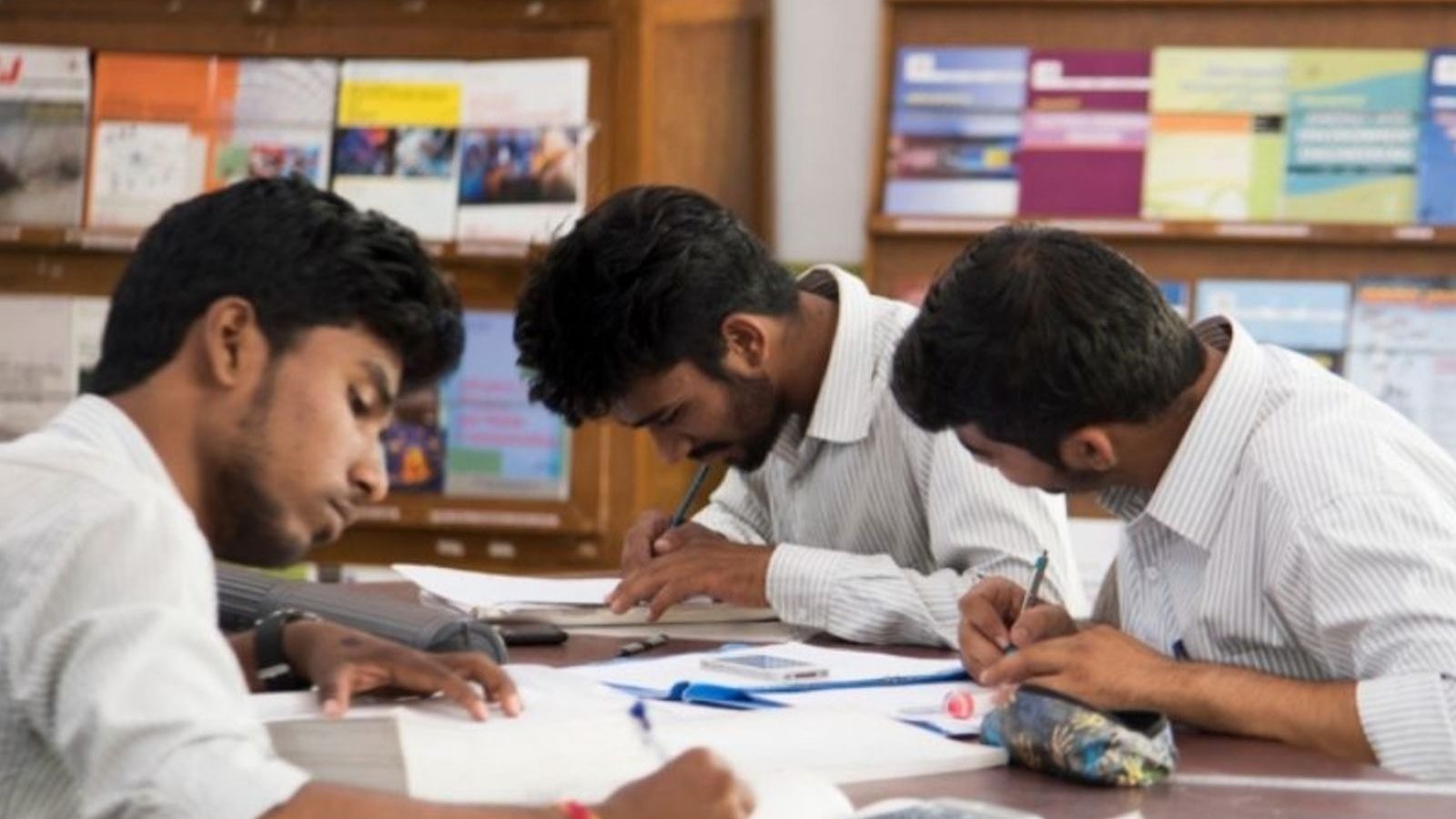The Union government on Friday asked central universities to fill 6,200 vacant posts of professors in the next two months and start the process from Monday.
During a meeting with vice-chancellors (VCs) of central universities, Union education minister Dharmendra Pradhan said updated data shows 6,229 vacant teaching posts, including 1,767 posts for OBC candidates, and more than 1,000 posts for scheduled caste candidates.
He asked VCs of central universities that they should advertise for the posts between 6 and 10 September and urged them to fill the positions by the end of October.
The minister’s statement assumes significance as it comes days after higher education secretary Amit Khare wrote to the varsities on filling the vacancies within a year.
In his address to VCs, Pradhan also asked the varsities to implement three key provisions of the new national education policy (NEP), including the academic bank of credit, multiple entry and exit system and undergraduate system having three-year degree and four-year degree both as well as one-year and two-year post-graduate programmes.
He said as campuses gradually reopen, university authorities need to accelerate teaching-learning activities and look at exams and declaration of results with equal seriousness. He, however, indicated that university authorities need to be accommodative with students on the campus within the constitutional framework.
The minister said both President Ram Nath Kovind and Prime Minister Narendra Modi will speak on education, NEP and allied issues over the next four days.
During the meeting with VCs, Pradhan also backed the Jawaharlal Nehru University (JNU) for starting a course on counterterrorism, days after the university courted controversy over the matter. He also backed Delhi University, which is facing protests from a section of teachers over changes in some course structures and curriculum.
The JNU academic council on 17 August had approved three new courses, including “counterterrorism, asymmetric conflicts and strategies for cooperation among major powers”. Some JNU teachers and students opposed the move, alleging that the course states that “jihadi terrorism” is the only form of “fundamentalist-religious terrorism”.
Pradhan said he gathered that how the internet is going to be used increasingly for terrorism activities from his interaction with American security experts. “Why cannot our students, engineering students learn this,” he said, and added that at the end of the day, these students will deal with similar problems once they graduate and resolve such issues.
Never miss a story! Stay connected and informed with Mint.
Download
our App Now!!
Source link




